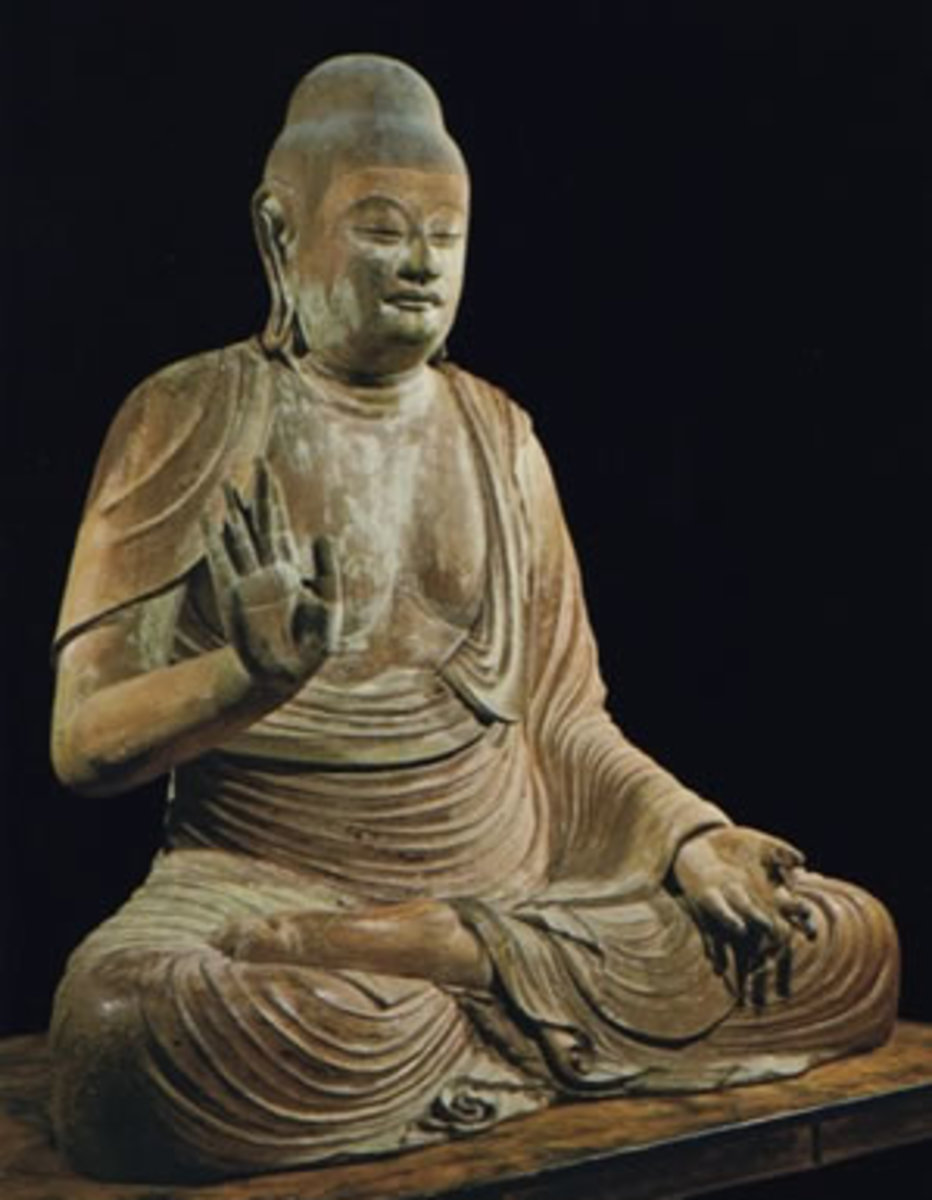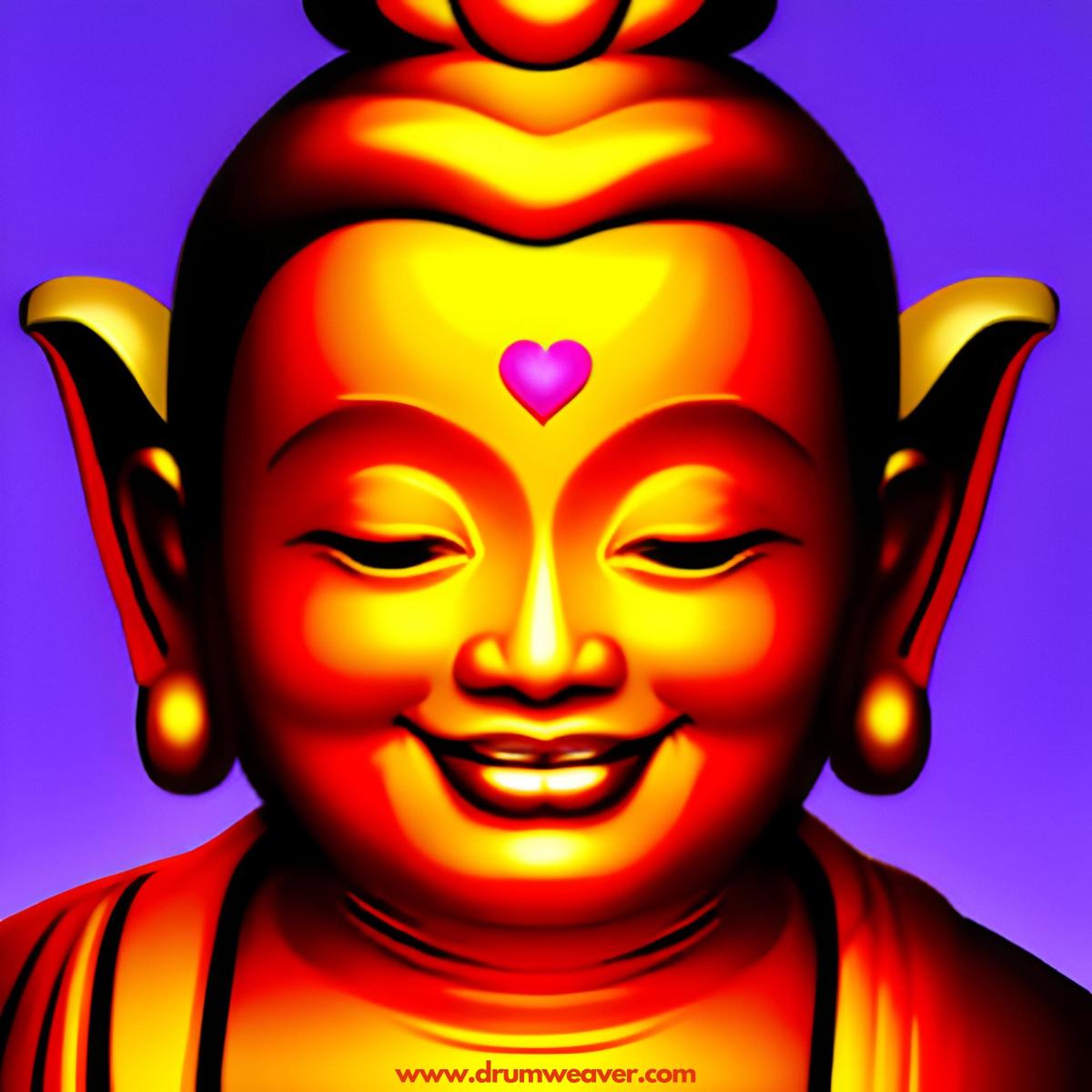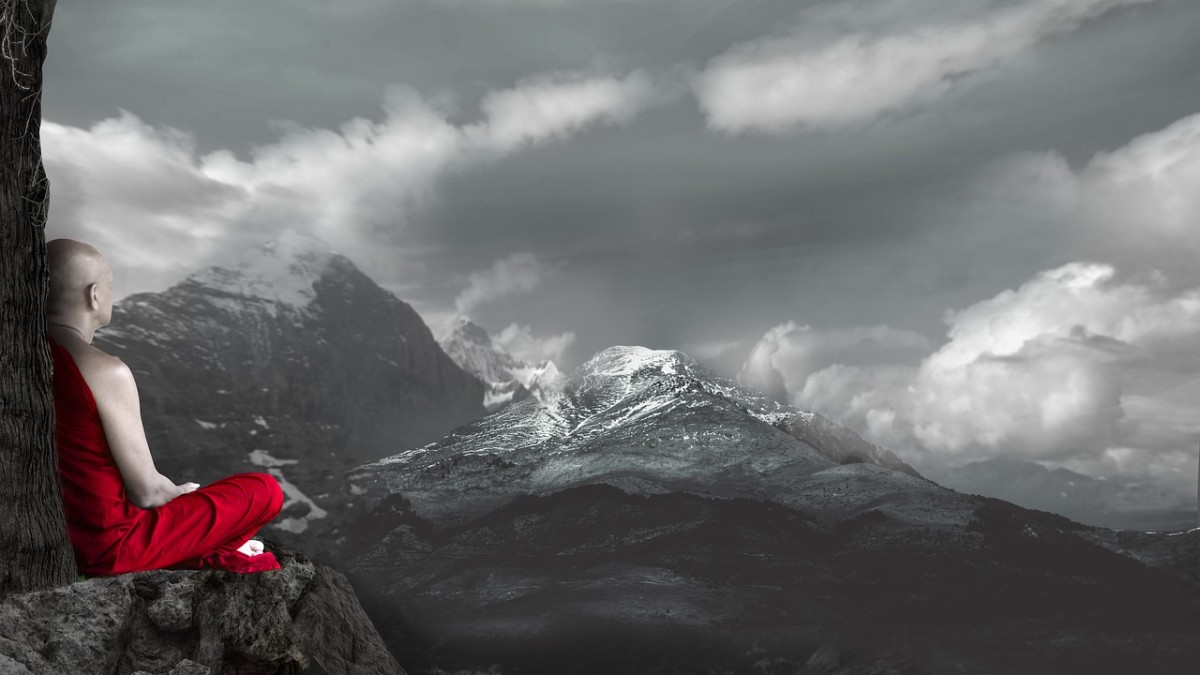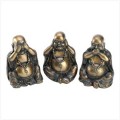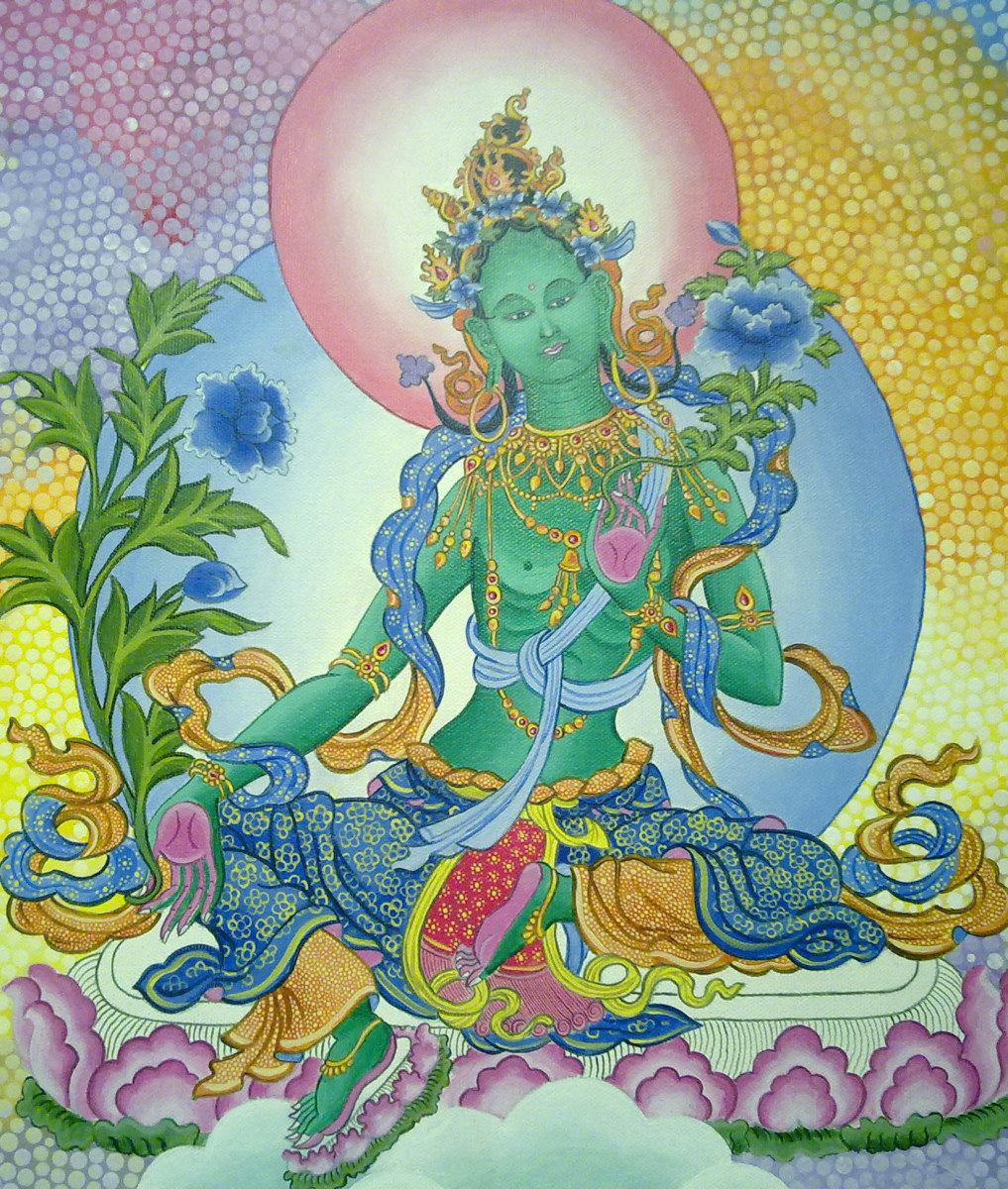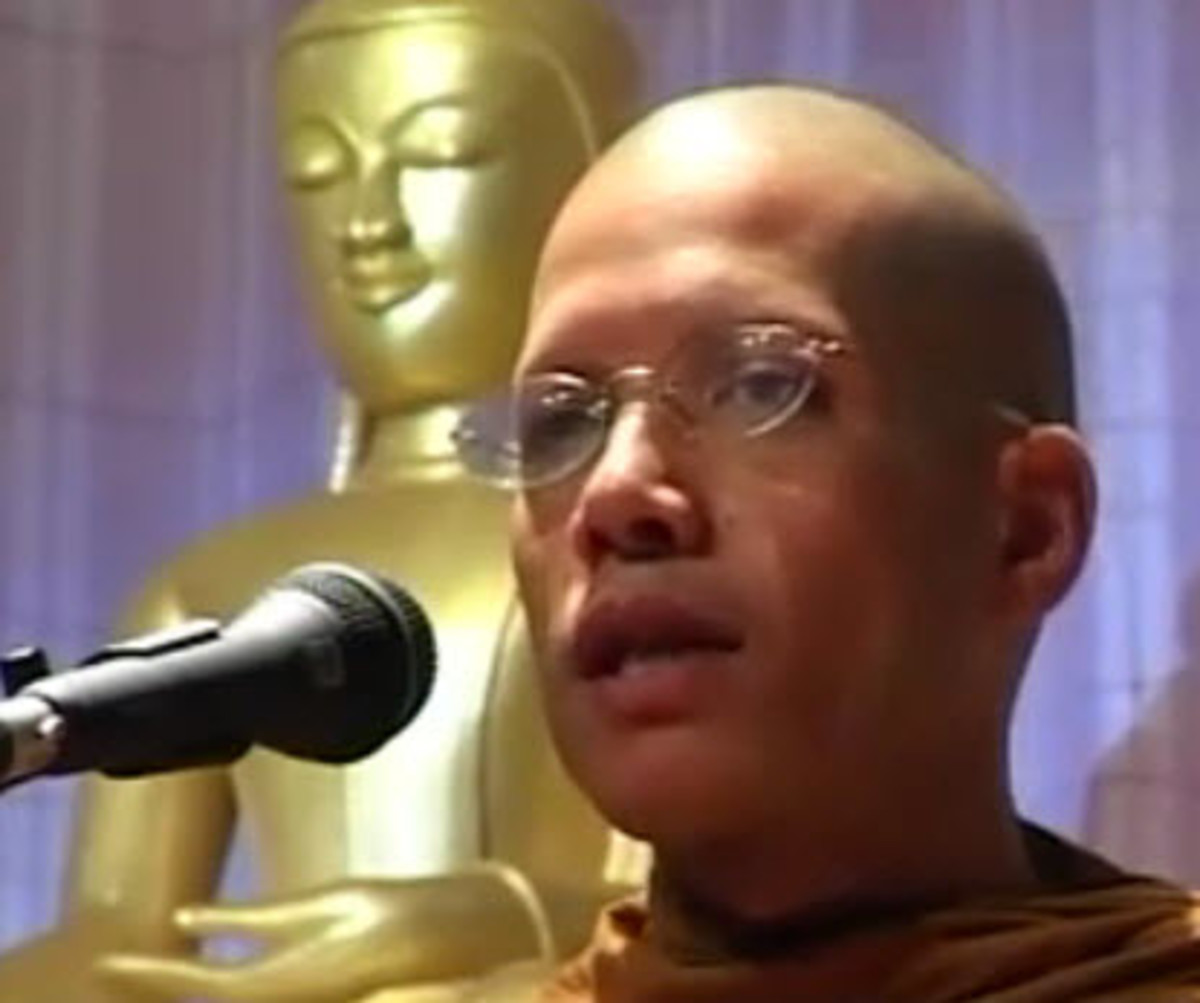Living the Zen Life
Buddha teaching the nature of suffering
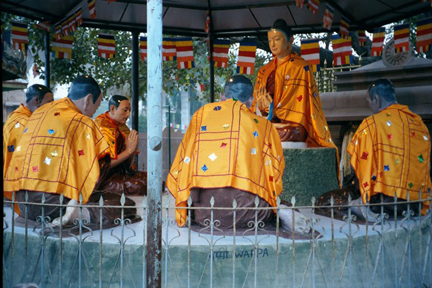
We are all people; we are all Buddhas
The idea that some people are more spiritually advanced than others is an illusion. It is a useful, even necessary, illusion, but it is still an illusion. Fundamentally, we are all equal. We are all endowed with the same human qualities, as beautiful, wonderful, and powerful as those are. And we are endowed with the same human qualities, as imbalanced, ill, weak, and even harmful or evil as they are. The differences between people are simply a matter of which seeds have been watered. Each of us is a garden, and what grows depends on what has been planted, what poisons or fertilizers have been spread, and how the garden has been tended.
Enter the gardener. To live a Zen life is to decide to be a gardener, and cultivate your own mind. This is an ancient metaphor; the Buddha spoke of cultivating our mind. The Buddha also said it was like being an oxherd, with your thinking mind as the ox. That's a metaphor the Buddha used. But, since most of us don't know how to tend an ox, it isn't a very useful one for us. So let's go back to gardening.
A Zen practitioner is a human being who chooses to learn and do Zen meditation, and also to cultivate his or her mind and body to an awakened state. "Buddha" means one who is awake, and Awakening, living a life in awareness and balance, allowing Wisdom and Love to flow through us for our healing and the healing of the world, is an innate capacity within each of us.
Healing is defined as the cessation of suffering, nirvana dukkha. Nirvana means to cease, to extinguish, to blow out (like blowing out a candle). But a proper understanding of Buddhism is never about nirvana, it is about nirvana dukkha. Dukkha is suffering. There is suffering in all of life. But we don't need to remain in it, or add to it. So many people, unconscious of their suffering, act out of it, spreading anxiety or even anger. Instead, we can be aware of our suffering and manage our lives well, living with as little suffering as possible, and dwelling in peace and clarity. When we do this we reduce the suffering in ourselves and in those around us. This is what it means to live the Buddha Way. And the Zen Way is the Buddha Way, with a focus on a particular form of meditation called, in Sansrkit, dhyan or dhyana. The meditation form remained the same, but the pronunciation changed: Chan in Chinese; Tien in Vietnamese; Soen in Korean, and Zen in Japan. And the Japanese name is popular in America. So I call it Zen in my articles.
Primally Buddha
There is an ancient piece in the Zen liturgy: all beings are primally Buddhas. "Primally" means from the beginning, fundamentally, and always. Zen teacher Susan Postal caught her students using the wrong word, saying "primarily Buddhas." She corrected them quite strongly. "Primarily" means mostly, or over 50%. You are not just over 50% Buddha, you are originally and fundamentally Buddha. Get rid of the noise in your mind, and let yourself be Buddha. Let the Mindflower bloom in Eternal Spring. (That's another ancient Zen poetic line.)
In Zen, we are wiping the dust off the mirror and letting the Original Mind, the Mindflower, the Awakened Mind, the Buddha Mind shine brightly. This is not the thinking mind. The thinking mind is like a brick. Polishing it will never make a shining mirror. Polishing the thinking mind may give you a great intellect, but it will not lead to Awakening.
Now, there's a Zen teaching that says there is no mirror. But that's an advanced teaching. For now, as beginners - and we are always beginners - let us dust off our minds in Zen meditation, and live clearly, opening our eyes, Awakening, seeing reality as it is without the bias of our conditioning. When we see things correctly, we see that we are all connected. I would no more hurt you than I would hurt myself. I want only health, safety, happiness, and joy for all. I dwell in peace and offer peace. And, in Zen, I do not avoid the world. I serve as a way of helping, and as a way of polishing away my own selfish perspectives.
The Tao the Ching is the original text of Taoism, and Taoism had a strong influence on Zen. My favorite line from the Tao the Ching is "The world is gained by daily addition; the Way is gained by daily subtraction." Let us subtract the noise, interference, conditioning ill-feelings, assumptions, and prejudices that have collected in our minds. Let us allow our Original Mind to shine forth like a clear, bright mirror. Let the Mindflower bloom in Eternal Spring.
Wouldn't you like to end the suffering of the world, leading the way by example: Freeing yourself, then sharing freedom with others?
Does a Zen practitioner need a teacher?
These days, one can pick up books and learn Zen meditation, and begin to practice. One can study the Buddhist precepts and decide for oneself how to live a moral life, a life where we do not injure ourselves and others, even while the thinking mind is still full of crap, and, some days, we want to brain somebody, or give up and get a drink, or whatever.
But can we practice the way of Zen in full without a teacher?
I believe that this question has two answers, and we need to understand both answers to move forward well. There is the primal, or fundamental answer, and there is the practical answer.
The primal or fundamental answer is that Shakyamuni Buddha, who lived 2,550 years ago, had no teacher. He sought one. He had two yoga teachers, and mastered what they taught so well that they offered him the role of being their successor. But they had not eliminated suffering, so he kept searching, alone. And he found the answer within himself.
And, fundamental to all Buddhism, the Buddha is nobody special. Gotama Shakyamuni is no different from Jane Smith or Ahmed Al Jani or Roberto Abrezzi or Laura Goldberg or anyone else on the planet. The primal answer is: Each of us is already Buddha. The answer lies within. Awaken! No teacher is needed.
But there is also the practical answer. The Buddha's body almost died during his seeking. Before he was awake, he had some misguided ideas, and one of them led him to fast until he was too weak to live. Only luck - or spiritual good fortune - and a generous, fearless, caring woman with a bowl of rice pudding on her head saved his life. And I have seen Buddhist practitioners go astray, as well. Do you want to put yourself through that? Maybe not. If so, a teacher with some strong practice and clarity, as I like to say, living in awareness and balance, who is living as a clear channel for Love and Wisdom, is a useful thing for a Buddhist practitioner to have around.
All of us, even teachers, are simply people. People on the Zen way are practitioners of Zen. We are brothers and sisters. Some might be older brothers and sisters in a particular way, a way helpful to the younger brother or sister. If you want, you can work with an elder practitioner, a deeper practitioner of Zen. This person has fallen into the pit in front of your feet, and climbed out. So he or she can guide you around it. Or, if you do fall in, he or she can drop a hand and make it easier to climb out.
Make no mistake: this path is full of pitfalls. The world is full of suffering. Do not demand perfection inside yourself, nor believe you need a perfect teacher in another person. As we make our way towards the light, we learn to see. We brothers and sisters - teachers and students - help one another.
So, trust within, and make your way easier by finding a teacher worthy of your trust, as well.
The core is practice
Whether or not we have a teacher, the core of our daily life is practice. That is Zen meditation - sitting and walking, or, when we are ill, lying down. And it is Zen mind, living in Loving Awareness, or Mindfulness, throughout the day. And it is the precepts: not killing; not stealing; not screwing around; not lying; not getting drunk or drugged out.
Each moment we live practice and precepts. Zen Master Dogen said, "Practice, precepts, and Awakening are one."
(By the way, I say "Loving Awareness" where others say "mindfulness," and I say "Awakening" where others say "Enlightenment." I've looked closely at the original words, etymology, and uses, and I think these translations better reflect the quality of mind being spoken of in the ancient texts.)
I'll have more to say later about Zen practice, Zen community, Zen teachers and students. Stay tuned!

